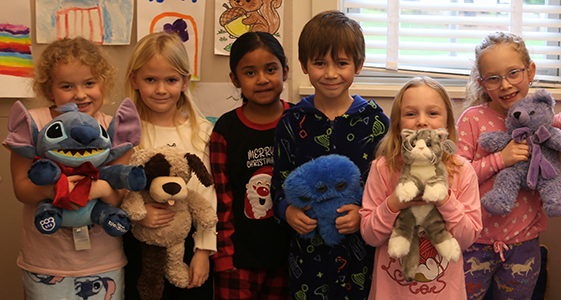Lopez-based conservation laboratory Kwiáht is challenging high school teachers and their classes throughout San Juan County to devise “reliable, economical” electronic devices to study and monitor the
islands’ declining rockfish populations.
“Rockfish were an important food resource for islanders for thousands of years,” says Kwiáht director Russel Barsh, “but nearly all rockfish species have been fished out or threatened with extinction in the last 50 years.” He explains that, unlike salmon and forage fish, rockfish are difficult and expensive to study because they are scattered and spend their adult lives in very deep water. Relatively little is
known about their ecology or behavior because a few hours of underwater video observation can cost thousands of dollars.
The solution, Barsh suggests, will be compact electronic packages that rest on the sea floor “like the NASA Mars lander” or are attached to individual living fish.
Kwiáht’s biologists and volunteer computer and electronics engineers will be available to discuss rockfish ecology, “burning questions,” data needs, and technical specifications with students from September
through January 31, 2013, when designs for proposed sensors and data loggers must be submitted for review.
Up to five winning designs will be awarded $600 each to purchase materials for constructing, deploying and testing the devices in Wasp Passage. Additional funds will be available for boat support, SCUBA,
and science advisers to install working devices by June 2013. Data-gathering using this sensor array will be entrusted to the county’s high schools, forming a new countywide “community science”
program for youth called Deep Reef Marine Health Observatories.
Kwiáht welcomes collaborators both young and old to design and build additional rockfish monitoring capacity, working with island students. “Like the international space station,” Barsh says, “Deep Reef can be a platform for anyone interested in rockfish and the islands’ rocky reef fish communities.”
The rockfish conservation technology challenge was made possible by a generous grant from the Charlotte Martin Foundation, and a donation by Orcas islander Win Rhodes.
**If you are reading theOrcasonian for free, thank your fellow islanders. If you would like to support theOrcasonian CLICK HERE to set your modestly-priced, voluntary subscription. Otherwise, no worries; we’re happy to share with you.**







